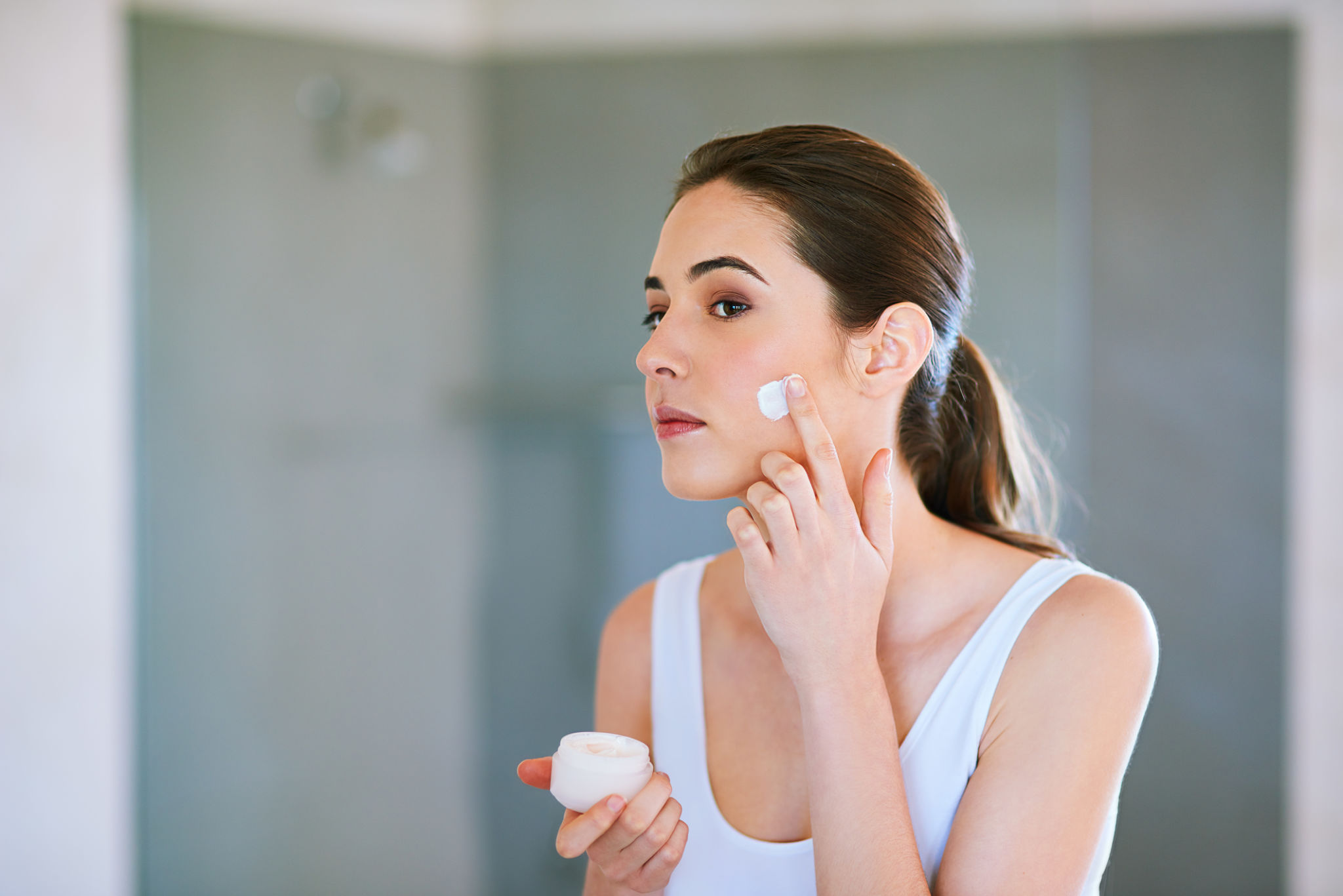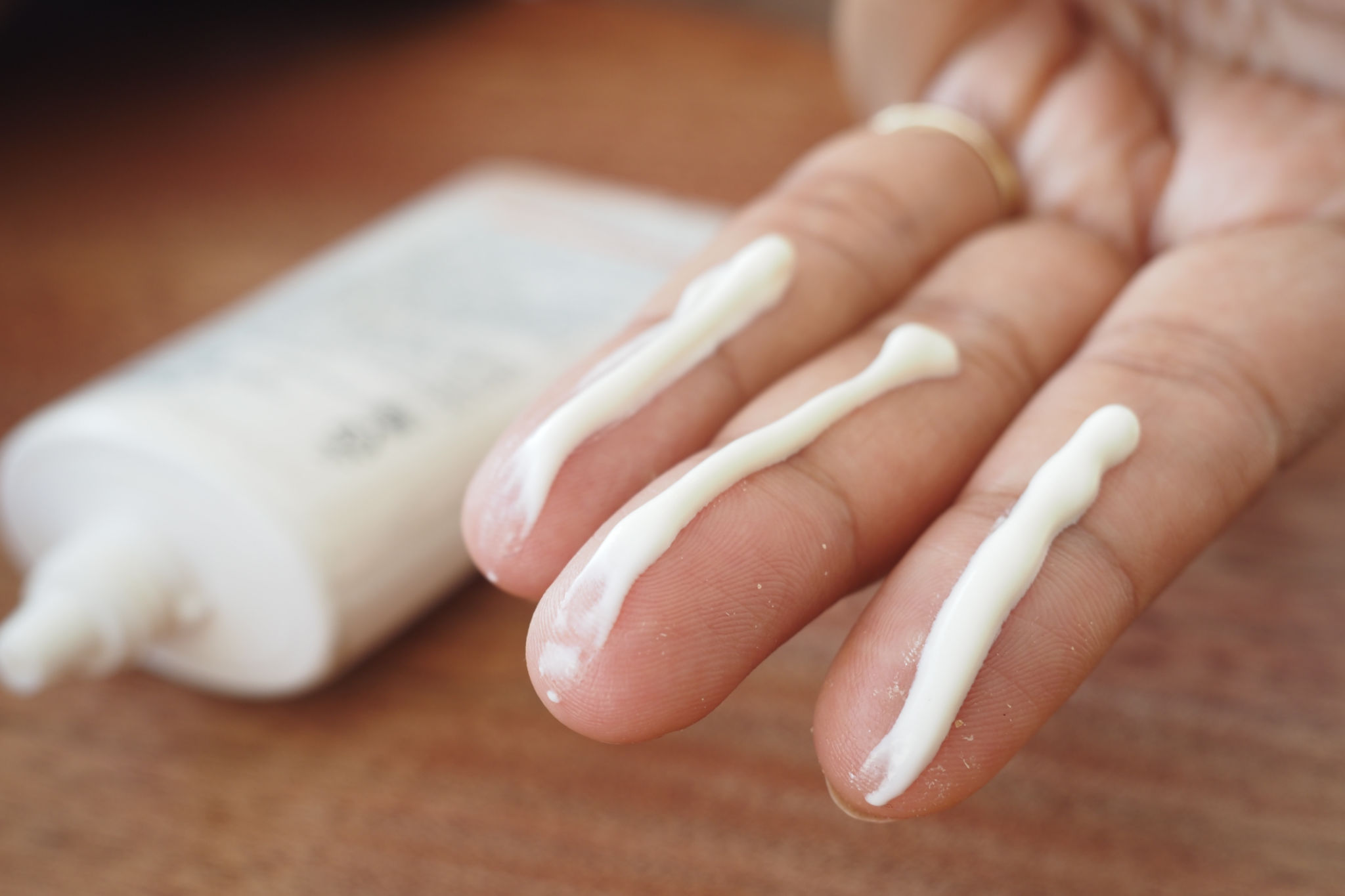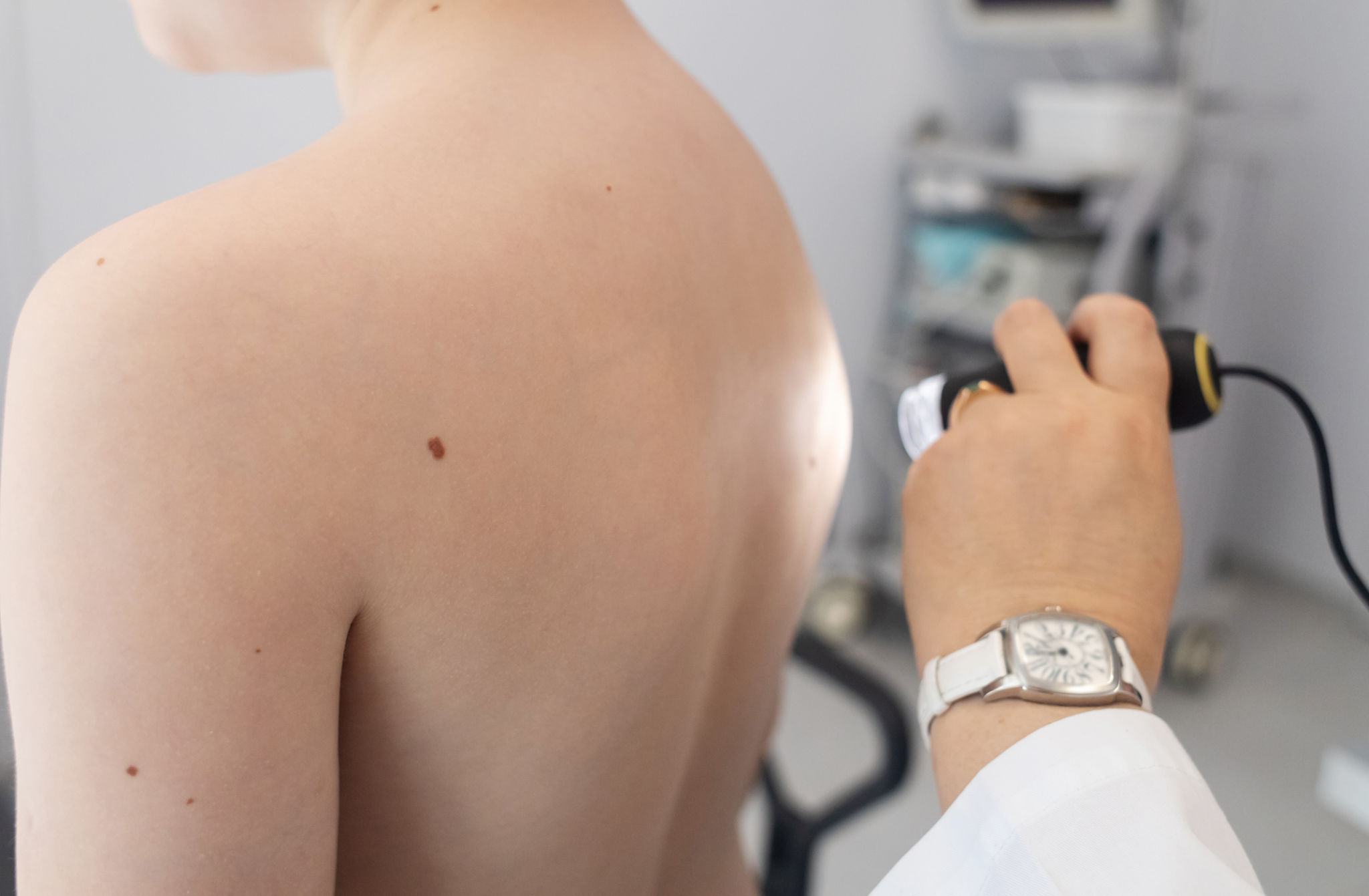Busting Common Skincare Myths: What Really Works?
Understanding the Basics of Skincare
Skincare can often seem like a complex puzzle, with numerous products and routines promising miraculous results. However, not everything you hear or read about skincare is accurate. In fact, many common skincare myths can lead people astray, preventing them from achieving their desired skin health. Let's delve into some of the most pervasive myths and uncover the truth about what really works.

Myth 1: Oily Skin Doesn't Need Moisturizer
One of the most common misconceptions is that individuals with oily skin should avoid moisturizers. The truth is, all skin types need hydration. Skipping moisturizer can actually lead to an increase in oil production as the skin attempts to compensate for the lack of moisture. The key is to choose a lightweight, non-comedogenic moisturizer that won't clog pores.
Myth 2: Expensive Products Are Always Better
Price doesn't always equate to quality when it comes to skincare products. Many affordable brands offer high-quality ingredients and effective formulations that rival their pricier counterparts. It's essential to pay attention to ingredient lists rather than price tags. Look for active ingredients like retinoids, hyaluronic acid, and vitamin C that are backed by scientific research.

Myth 3: Natural Ingredients Are Always Safe
While natural ingredients are often perceived as safer, they can still cause adverse reactions. Allergies and sensitivities can occur with both natural and synthetic substances. It's crucial to patch test new products and monitor your skin's response. Remember, the source of an ingredient doesn't determine its safety.
The Role of Sunscreen in Skincare
Sunscreen is a non-negotiable part of any skincare routine, yet myths around its use persist. One such myth is that sunscreen is only necessary on sunny days or at the beach. In reality, UV rays can penetrate clouds and windows, making daily sunscreen application vital to protect against premature aging and skin cancer.

Myth 4: You Don't Need Sunscreen Indoors
Even when indoors, UV rays can reach you through windows, contributing to skin damage. Applying a broad-spectrum sunscreen with at least SPF 30 each day ensures comprehensive protection. Reapply every two hours if you're near windows or using electronic devices that emit blue light.
Tackling Acne Myths
Acne is another area rife with misconceptions. Some believe that frequent washing can eliminate acne, but this can lead to irritation and worsen breakouts. Instead, focus on gentle cleansing and using targeted treatments containing salicylic acid or benzoyl peroxide.

Myth 5: Diet Doesn't Affect Your Skin
The connection between diet and skin health is often debated, but emerging research suggests that certain foods can exacerbate acne in some individuals. Dairy and high-glycemic foods have been linked to increased breakouts in some studies. Maintaining a balanced diet rich in fruits, vegetables, and lean proteins can support overall skin health.
The Bottom Line
Busting these common skincare myths helps pave the way for healthier skin and more informed choices. By understanding what truly works and what is mere myth, you can tailor a skincare routine that meets your unique needs. Remember to stay informed and consult with dermatologists for personalized advice.
